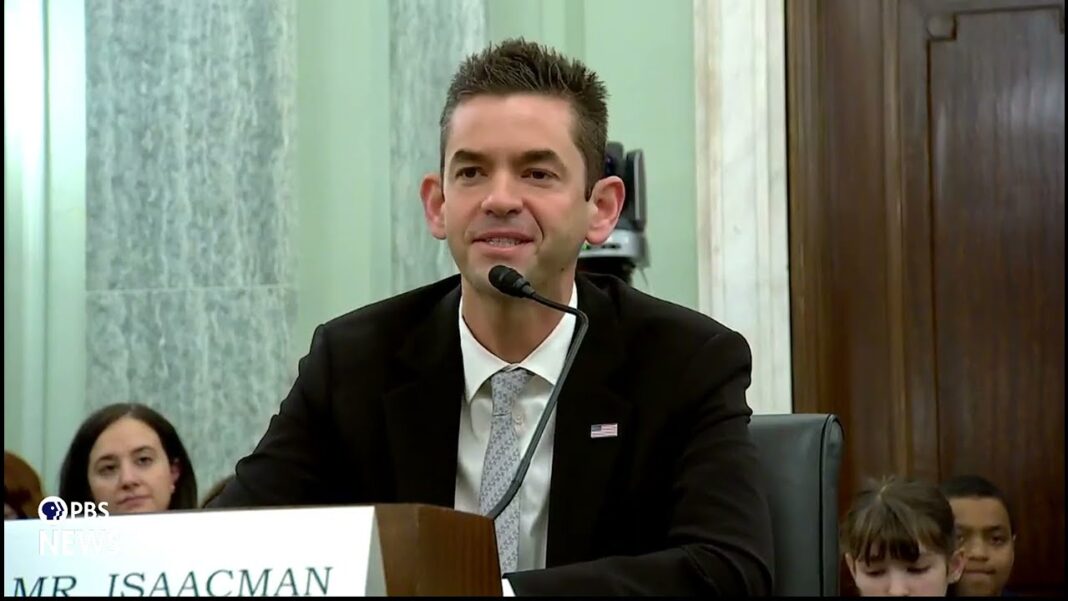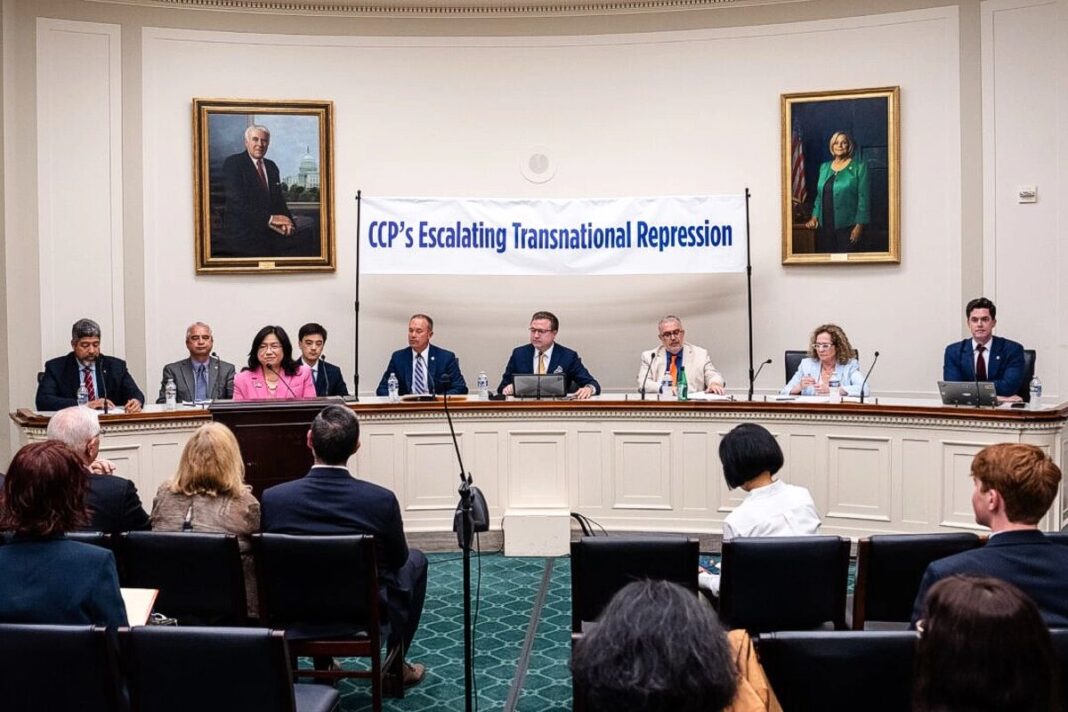NCAA President Charlie Baker says the settlement agreement sets the foundation for NCAA member schools to start stabilizing college sports.
A federal judge granted final approval to a $2.8 billion settlement with the National Collegiate Athletic Association (NCAA) in a June 6 ruling that would allow schools to share athletic revenues with student athletes for the first time.
The settlement, approved by District Judge Claudia Wilken, resolved three antitrust lawsuits filed by student athletes who argued that the NCAA’s rules barring revenue sharing between schools and students violated U.S. antitrust laws.
Wilken said the settlement agreement would “permit levels and types of student-athlete compensation that have never been permitted in the history of college sports.”
According to her ruling, the settlement would allow NCAA member schools to compensate student athletes for the commercial use of their names, images, and likenesses (NIL) through an annual allotment of $20 million per school in the upcoming school year. This amount is set to increase every 10 years, according to the ruling.
As part of the settlement, the NCAA and its five major conferences will pay $2.78 billion in past damages to former student athletes who were denied revenue from such payments since 2016.
“The settlement agreement here reflects compromises that were made in light of those legal precedents, which demonstrates that success at a trial can mean that student-athlete compensation restrictions may be lessened but not eliminated,” Wilken stated in a 76-page ruling.
“Despite some compromises, the settlement agreement nevertheless will result in extraordinary relief for members of the settlement classes,” the judge added.
NCAA President Charlie Baker welcomed the ruling in a statement, saying that the settlement agreement sets the foundation for NCAA schools to start stabilizing college sports.
“This new framework that enables schools to provide direct financial benefits to student-athletes and establishes clear and specific rules to regulate third-party NIL agreements marks a huge step forward for college sports,” Baker said.
“Student-athletes will benefit from the rich opportunities they enjoy now, plus far more scholarship opportunities, landmark financial benefits and a streamlined NCAA to support them,” he added.







